
Sgt. Richard Miller, from Floresville, Texas, a military policeman with the 3rd Brigade Combat Team, 3rd Inf. Div., encourages his specialized search dog, Gabriel, before a search exercise at Forward Operating Base Hammer Oct. 24. Miller uses Gabriel in cordon and searches, cordon and knocks, raids, route sanitation and route clearance missions to sniff out explosives, munitions, weapons and ammunition. Photo by Spc. Ben Hutto, 3rd Brigade Combat Team, 3rd Infantry Division Public Affairs.
FORWARD OPERATING BASE HAMMER
By Spc. Ben Hutto
3rd Brigade Combat Team Public Affairs
The German shepherd trots from rock to rock, ears pricked upward and nose pointed towards the earth, intent on his mission.
Several feet away, his handler, Sgt. Richard Miller, from Floresville, Texas, a military policeman with the 3rd Brigade Combat Team, 3rd Infantry Division, silently watches as the dog gets closer to the C4 explosive he has hidden under some rubble.
The specialized off-leash search dog looks back at his handler and sits down beside the hidden explosive.
“Good boy,” Miller says, walking toward Gabriel. “Good job, Gabe.”
The dog’s tail swings back and forth as his trainer approaches. His mission accomplished, the dog eagerly awaits his reward.
Miller focuses the dog on the explosive while he reaches into his pocket and pulls out a worn-out orange cong. He tosses it in front of the dog and watches as he snatches it up and runs back to his handler.
The next few moments are filled with praise as Miller tosses the cong and Gabriel retrieves it.
“That’s the whole reason the dog does what he does,” explains Sgt. Timothy Kinsey, from Pueblo, Colo., a military policeman with the 3rd Brigade Combat Team. “We work to get paid. The dogs work for their reward. Gabriel is very focused on his reward. He’ll do anything for those congs.”
The 3rd BCT has three working dogs and they’ve been extremely busy since their arrival at Forward Operating Base Hammer.
“They are doing a good job,” said Sgt. 1st Class Tommy Jamison, from Elmira, Ore., the provost sergeant for the 3rd BCT. “I’ve had to learn about them, but they have been great assets.”
Jamison explained that the battalions in the 3rd BCT had to learn how to use the dogs on combat missions.
“They were skeptical at first,” Jamison said. “The Soldiers had their TTPs (techniques, tactics, and procedures) and those needed to be changed to accommodate the dogs, so that caused some friction. It was hard to explain to leaders that the dogs needed air conditioned vehicles and tents to rest, but once they saw the benefits, everyone accommodated them.”
Kinsey explained that there are limits to what the dogs can do.
“Some Soldiers have a hard time understanding that the dogs have the mentality of a four year old,” Kinsey said. “When a dog is tired, they are tired. I can’t tell them to suck it up and drive on. They love what they do, but they have limits.”
The dog’s sense of smell makes them perfect for detecting hidden contraband that Soldiers can overlook.
Miller explained that a dog can register and discern 10,000 – 40,000 scents at one time.
“The best way I can explain it is that if you were to walk into a fast food place you would smell the meat cooking on the grill and the mop bucket they are using to clean up a spill,” Miller said. “A dog will smell the fat in the burger charring, the meat cooking, the sesame seeds on the buns, the pickle juice, the type of perfume the cashier is wearing and a thousand different other scents all at the same time.”
That sense of smell allows dogs like Gabriel and Jim to smell a coil of detonation cord under a pile of rubble from 10 feet away.
“It takes a lot of luck and good information for the dogs to be effective,” Miller said. “We have to be in an area where there is something. Sometimes things can be buried too deep or they have been moved, but the dogs are very accurate if something is there.”
The accuracy of the dog’s ability can be directly attributed to the training that the handlers give them on a daily basis.
“Every day is a training day,” Miller said. “We conduct training as often as possible. It keeps the dogs sharp and helps us maintain our rapport with them.”
That rapport is critical out in the field.
“The main thing between a trainer and a dog is their rapport,” Kinsey said. “We have to notice the dog’s behavior and make decisions based on that. A dog’s normal temperature is between 101 and 103 degrees. If its body temperature gets up to 106, the dog starts shutting down and begins to die. Out here in the desert, that is a big risk we have to monitor.”
Miller throws Gabriel’s cong around a few more times before calling an end to the training session. The handler roughly shakes the dog and encourages him.
“Normally, specialized off-leash search dogs stay with the same handler their entire military career so we should be together a while,” Miller said.
The 3rd Brigade Combat Team, 3rd Infantry Division, from Fort Benning, Ga., has been deployed in support of Operation Iraqi Freedom since March.
.

Wild Thing’s comment……..
I love reading about the dogs that help our soldiers. I love the team work and the bonding that goes on.
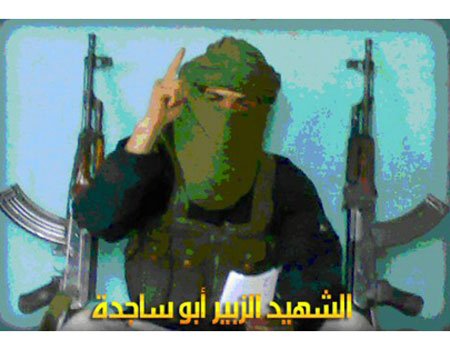


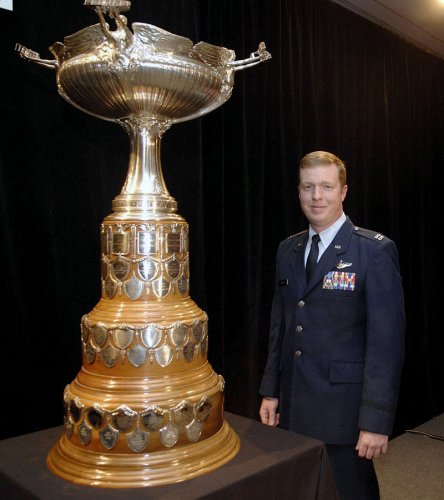




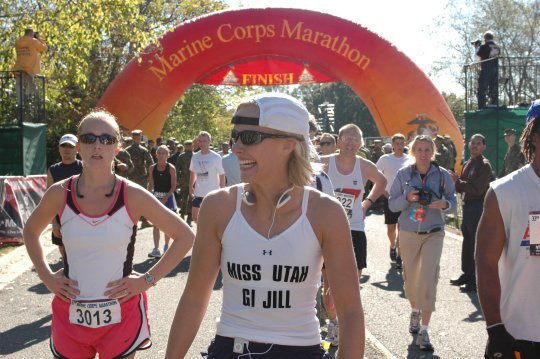
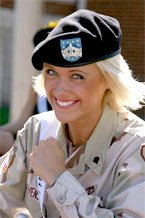



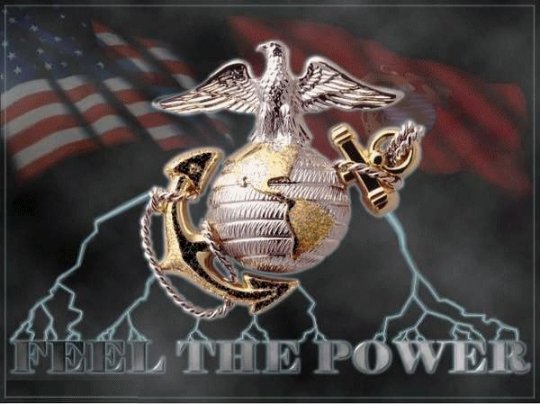




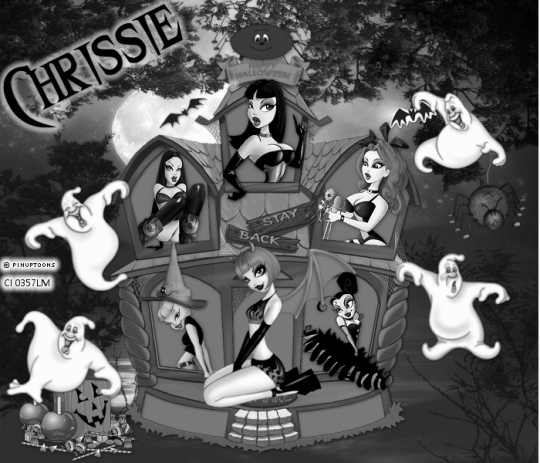

Recent Comments